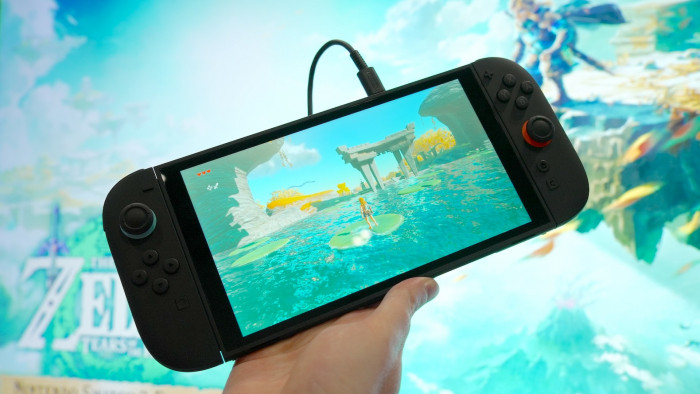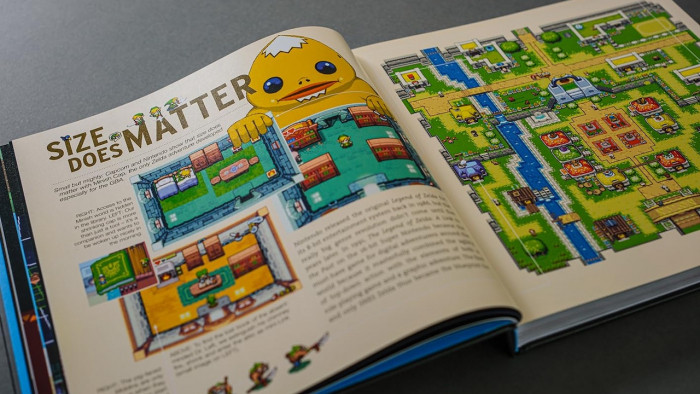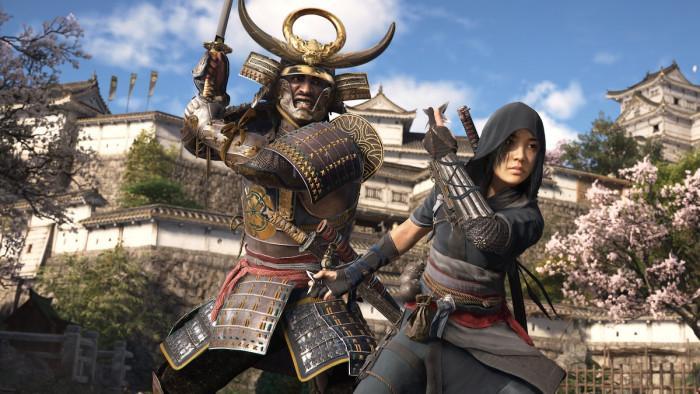How to play Call of Duty like a pro
One of the game's best players gives his tips for mastering Black Ops III


Sure, you're pretty handy at Call of Duty. Great, in fact. You know your way around Combine like it was part of your postcode and you're handy in a game of Zombies.
But we don't want you on our team. Sorry. We want Calum 'Swanny' Swan - a pro eSports player for team Millennium who recently triumphed in the Call of Duty World League stage one final in Cologne.
Following his win, Swanny provided ShortList.com with a series of tips and insights into how the 'average' (it's okay, we know you're better than most) player can improve their Call of Duty skills. From button layouts to weapon choices, here's how to get an edge on your game.

What should I work on if I want to turn "pro"?
"Many amateur players exceed the reaction time and accuracy necessary to compete professionally, however the major differentiating factors are mental attributes. Situational awareness, decision-making and processing information.
"Most importantly, though, is teamwork. It’s a team game and any individual success and recognition is almost always predicated on team performance. Find three people that you enjoy playing with and strive to improve collectively.
"Call of Duty Challenger division tournaments are a great way to start, check out callofduty.com/esports for upcoming opportunities to get involved."

What's the best weapon for me to use in multiplayer?
"Thanks to Treyarch’s continuous efforts to update and balance Black Ops III during the eSports season, competitors have more viable weaponry at their disposal than ever before in Call of Duty.
"As a stalwart Assault Rifle player, the M8A7 is my personal favourite; a burst weapon combining high damage and minimal recoil. The VMP is the current choice for SMG players in the pro league and an ideal candidate for those who prefer close-range, ‘run and gun’ action."

When should I fire from “the hip” and when should I use my scope?
"It's entirely dependent on the weapon you’re using, play more and you’ll become accustomed to the limitations of each. Firing from the hip is notoriously erratic though and you should always aim in at targets further than close-range.
"A small tip: when traversing the map, ensure that the centre of your screen is always trained to where you anticipate an opponent to be so that when you do aim down sights, your crosshair will require minimal adjustment."

What skills do "casual" players not know about?
Mini-map use:
"Often overlooked by players absorbed in the action, the mini-map is an invaluable tool in your virtual arsenal. Displaying vital information such as the location of the objective, opposing players and your teammates positions, it should be the foundation of how you approach the game. The more attention you pay to the mini-map, the more your awareness and consequential decision-making will improve."
Spawn manipulation and map control:
"Map control involves winning engagements, applying pressure, establishing control over ‘power positions’ and dominating the map. This allows you to dictate the pace of the game, denies the opposition freedom of movement and buys time to complete the objective.
"By simply standing near or looking at a certain area, you’re able to influence where the enemy respawns, confining them to disadvantageous positions. Purposely manipulating spawns is particularly prevalent in Hardpoint, where players rotate around the map in attempt to ‘anchor’ favourable spawn points for their team.
"Black Ops III’s theatre mode is a useful feature to consult for those wanting to learn more about spawn mechanics."

Will adjusting button layouts and stick sensitivity help me improve?
"A common misconception is that replicating a top player’s configuration will guarantee results. Settings should be dictated exclusively by personal preference. Find a comfortable combination and stick with it; frequently changing will only impede your improvement.
"As a basic guideline, use a relatively low sensitivity between 4 and 6; any higher is usually unnecessary (Unless, of course, you have a propensity for flashy clips and Hollywood shots!). It’s also worth trying out the ‘tactical’ and ‘flipped’ button layouts."

Is there any specialist equipment I should use?
"Whether you’re a casual looking to enhance your gaming experience or an aspiring competitor hoping to elevate your gameplay, there are three items I’d recommend: a custom (tournament legal) controller, a headset and a monitor.
"Companies such as SCUF Gaming offer ergonomic alternatives to the default controllers, with customisable features such as interchangeable sticks, paddle buttons and colour schemes.
"Surround sound headsets allow you to immerse yourself in the virtual battlefield and have practical benefits competitively, where audible awareness is imperative.
"Finally, whilst that massive screen in your front room may be aesthetically appealing, I’d recommend opting for the clarity and responsiveness of a gaming monitor."

Are there any shorthand commands for communicating as a team?
"Communication is an integral part of competitive Call of Duty and over the years we’ve developed a unique lexicon.
"Everything you vocalise should be deliberate, concise and precise. A pertinent quote from friend and fellow professional player Matt ‘Formal’ Piper is ‘Call out what you’d want to hear if you were in their position’, whether you’re dictating strategy, locating opposing players or simply offering motivation.
"I’d recommend tuning in to the plethora of Call of Duty esports content available on YouTube and Twitch.tv; they’re an invaluable resource for learning the tendencies and terminology of pro players. "

Are there any maps that demand you to change your play style?
"Versatility is crucial in Black Ops III, whether you’re an Assault Rifle player supporting teammates in the close range Hardpoints of Evac and Breach, or an SMG playing to avoid Fringe’s lethal open areas and long lines of sight. Use the map to your advantage, but acknowledge the situations when you must adapt."
Latest
Related Reviews and Shortlists









